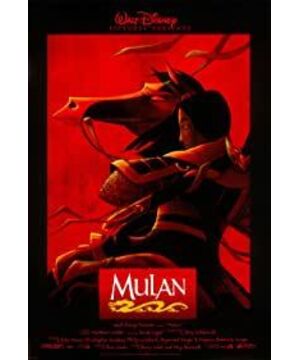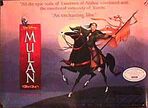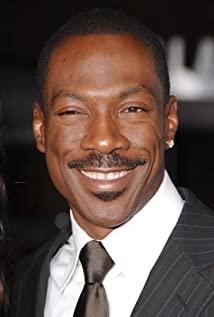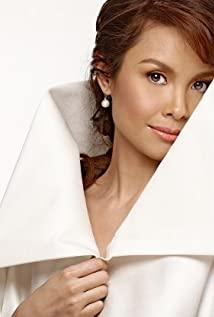Viewing the Differences between Chinese and Western Cultures from the Movie "Mulan"
1. Introduction
From ancient times to the present, the heroine Hua Mulan has always used the traditional ancient Chinese female image in "Mulan Ci" that "chirps and chirps, Mulan is the household weaving. Not hearing the machine, but hearing the female sigh." The traditional ancient Chinese female image exists in the hearts of every Chinese son and daughter. In the American Disney animated film "Mulan", another interpretation of Hua Mulan and the entire heroic deeds is carried out from the perspective of a Westerner.
Disney studied a lot of historical documents in order to produce "Mulan" with a "Chinese taste", and finally showed us Hua Mulan and her well-known legendary story that Westerners think is the closest to Chinese culture. "Men are inferior to women, men defend the country, daughters obey the four virtues, pray for crickets, respect for ancestors, dragons, etc." Chinese audiences did not feel that these Chinese elements in the film were abrupt and unacceptable. This shows the sincerity of Disney. Nevertheless, the collision of Chinese and Western cultures and values can be seen everywhere in the film. The following is an analysis and discussion of some of the more typical Chinese and Western cultural differences.
2. Analysis and discussion
1. Reasons for joining the army
Whether it’s the original text of "Mulan" or the animated film "Mulan", the most direct reason for Hua pretending to be a man to join the army is that his father is too old (the father in the film "Mulan" is also suffering from injuries), and it is difficult to play a normal role. The role of soldiers to resist the Xiongnu going south, making meritorious deeds and even joining the army itself is a meaningless act of dying, requiring Hua as a daughter to join the army for his father. Although the most direct reason is the same, what stands out in "Mulan Ci" is the "filial piety" that the Chinese culture has always admired. The concept of "filial piety first" made Hua abandon her identity as a woman and play a passion for defending her family and the country. Man. In the movie "Mulan", in addition to saving his father in distress, Hua's self-consciousness is more prominent, which is a Western concept. Hua Mulan, who dismissed the "three obediences and four virtues" and the so-called "women's way" at the time, could be said to be apostasy at the time. From another perspective, the Huacan Army is a self-conscious exploration and awakening.
2. Attitudes towards ancestors (people who have passed away)
The Chinese have always worshiped and respected their ancestors in their blood, and they will also show a dignified attitude towards those who have passed away. This is our culture. Therefore, images of ancestors rarely appear in Chinese film and television works, and even if they appear, they will be portrayed very seriously. In "Mulan", the ancestors of the ancestral hall argued with each other in the state of their souls and produced a lot of jokes. It can be seen that the attitude towards ancestors in Western culture is not as serious as Chinese culture. It is a kind of optimism and optimism. An attitude without too many taboos, in other words, this is the difference in how death is viewed in Chinese and Western cultures.
3. Individualism and collectivism
Individualism has always been an important content of Western culture. Since the Renaissance, this idea of highlighting individual values has become one of the most important parts of Western culture. In the two duels with Shan Yu in the film, Hua can defeat the unbeatable Shan Yu with her wisdom and bravery and save the country from crisis. When the film finally defeated Shan Yu, you can notice that everyone knelt down, and the emperor also leaned over to thank Hua for saving everyone. This is a victory of personal heroism, even surpassing the supremacy of imperial power in Chinese culture.
3. Conclusion
Whether the flower is the traditional female image of "chirps and chirps" in "Mulan Ci", or the independent and courageous modern female image portrayed by Disney. Whether it is the implicit and euphemistic interpretation of "Mulan Ci", or the direct and simple interpretation of Western culture. The image of Hua, a deeply rooted heroine, is so beloved. In addition, "Mulan", which wraps the core of Western culture with Chinese culture, once again reminds us that there is still a long way to go to enhance our cultural self-confidence and let our excellent Chinese culture influence the world.
ps: I have seen other people’s film reviews and used them for reference (when will I be as good as them o(╥﹏╥)o)
View more about Mulan reviews











